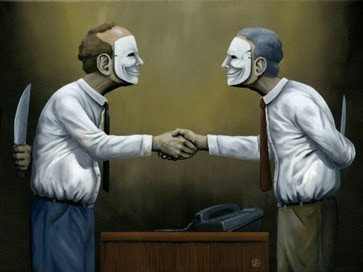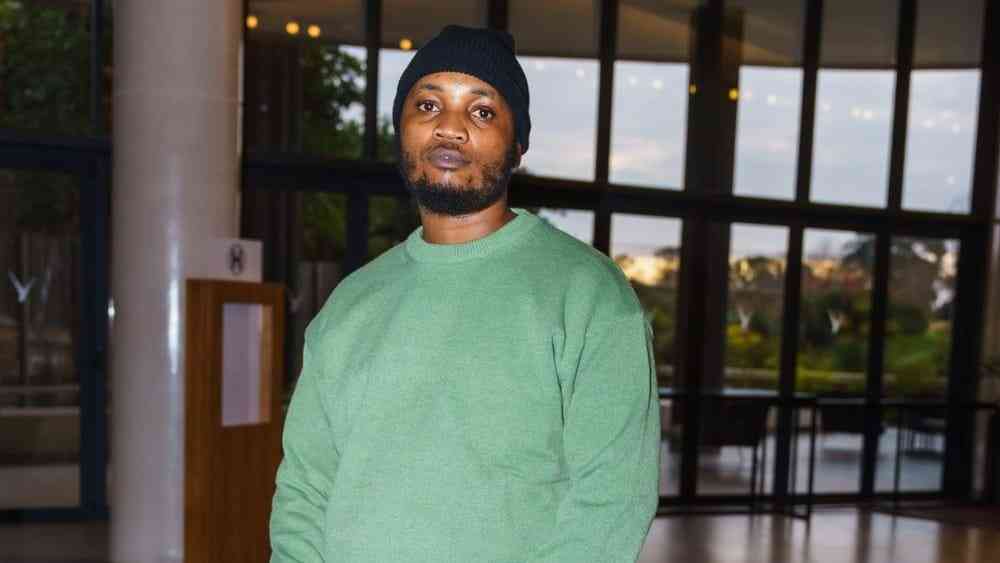
In sociology there is the dramaturgical analysis which examines the processes of social interactions using the metaphor of a theatrical performance.
In essence, the image of life is synonymous to that of a film or drama where in each and every day as humans we seek to portray a thespian self through showing the front stage which is the best side we want people to see, while hiding the backstage which is the dirtier and imperfect self.
The art of cinematography is a constant reminder of such where the film maker plays an active role in bringing to life a character and also a perspective to an environment.
Cinematography also remains one of the most potent forms of edutainment to the community as the world is driven by the power of film, which has a wide reach and extends to different age groups.
Films encourage us to take action. Our favourite characters, superheroes, teach us life lessons. They give us ideas and inspiration to do everything for the better instead of just sitting around, waiting for things to go their way.
Filmmaker Rasquesity Keaitse has been on a quest to use the power of his cinematographic skills to tell the story of the everyday experience of the “Kasi” or ghetto youth.
Film provides an opportunity to marry the power of ideas with the power of images and it can have the power to influence positive change and growth within the society.
“What has motivated me to go into film from a young age has been the hunger to use the power of short films to tell the everyday story of the Kasi youth. I come from an environment where I witness, experience and feel the everyday languishing and suffering which we as the youth experience. Through the power of film, I henceforth seek to tell a story of reality and not merely the appearance of a non-existent stability,” Rasquesity said.
- Stunner beats up wife
- Tuku taught me music etiquette: Sarungano
- Tuku taught me music etiquette: Sarungano
- Building narratives: Rukuni’s message of inspiration to young women
Keep Reading
Multi-award winning Rasquesity is the founder of Keaitse films, which he also runs with his brother Sabelo Keaitse as a family enterprise.
“Keaitse Films is more of a family enterprise as it uses our surname and we decided to keep a family legacy. The surname Keaitse means ‘I know’, and so in simple terms it means ‘I know film’, and is of great relevance. It is also a branch of Creative Pot Africa which is a multimedia company specialising in film and television production”.
Keaitse films has been actively involved in the production of “Dlala Ngamla” which aired on ZBC TV, The Gold Diggers feature film which aired on Zambezi Magic. It is important to also mention that they have also partook in creating and curating corporate videos for companies like Old Mutual, Itel and Techno.
This has also seen the involvement of Keaitse films with Intwasa, and Amplifying Girls Voices through digital art.
“Well as a film and theatre honors graduate and I am currently doing masters in film and TV, my interest has been the power of film as a tool of instigating development and growth within the local communities. Film and television are an important platform to address salient issues which relate to abuse of women and girls, advocating for the rights of the disabled, the scourge of drug use and abuse and also social commentary on the burden of unemployment that many of the youth face,” he said.
Film also helps to inspire and develop a nation's population through the adoption of themes which emphasise the desirable rather than the negative aspect of present social existence and the projection of heroes and heroines that refuse to get involved in the ills and evil around them.
Film can be used to reach a wide audience, to inform and inspire change through engaging audiences and reflecting society. Social film drama unites people in a common sense of humanity and shared responsibility, which gives it added power to help foster positive change.
Keaitse lamented the challenges of being a filmmaker in Zimbabwe; highlighting how several people never understand the behind the scenes of running a film company.
“People see Rasquesity as someone who has made it in life as they see me shooting my videos in and around Nketa suburb in Bulawayo, with different celebrities and personalities. But that is not the true story about me, hence there is the challenge of appearance but the reality on the ground is that I have not yet made anything at all. I have no house, no car and am still struggling to provide for my daughters’ needs. So I am still a hungry man in need of more success and growth.
“Being on set does not mean that I am making millions because one true fact is that most people or clients that have approached me really are not well paying at all. I remember one client disrespectfully even offered to pay me through beer, which I clearly refused. Beer cannot replace a broken lens, nor can it feed me and my family. This shows the level of ignorance towards the importance of us film makers, or towards a brand or an entity in the arts or corporate sector. Buying lenses costs thousands of dollars and obviously the best quality cameras that I need are even more expensive.
“I guess we would say we are in a drugged up industry where there is the challenge of the inability to see the value based mechanism that is of centrality when it comes to art and the promotion of film cinematography. As a filmmaker, I come to a client offering a service that can increase their market value which means that there is a need for one to invest in the product so as to produce something of value and strength.
“As a film maker I come from an environment which is a dog eat dog world. The struggles I have faced or continue to face as a filmmaker have forced me to continue pushing. It is a factor which transcends connections and the gate keepership mentality which has ravaged our arts in Bulawayo and Zimbabwe as a whole, but as an artist I have believed in the ethic of hard work as something that pays in the end. Sadly in other countries we could have been living the soft and good life, but Zimbabwe has limited many filmmakers, who sadly portray the inexistent image of success,” he said.
It remains of central importance that non-governmental organisations and also the government must invest in film production as it plays a role in the promotion of growth and development. Film makers like Keaitse have the potential to tell the different stories of resilience, survival, development and growth within the local grass root communities through accentuating the voices of the marginalised groups and the masses.
“I have worked with many actors and creatives in the short films and of note are guys like Collin Ncube now part of the Wenera cast who also helped in directing and training of actors for Dlala Ngamla. Blessings Ndhlovu has also been my day one partner at Creative Pot. He continually works with me in most of my projects.
Ofentse Mwase from South Africa is one film maker who continues to inspire and motivate my works as he has managed to use the power of film to inspire change and growth within the context of South Africa which has stretched to have a global impact.”
Collaboration remains key where different stakeholders play an important role which can facilitate the processes that orient to growth and development especially of the film industry in Zimbabwe, which is at its decline. For now the arts are still a sector and not really an industry.
There is a need for artists to unite and not to compete so as to build a vibrant arts industry. Appreciation of the arts, especially film remains something which is critical for the growth of the arts industry.
This has to be characterised by following the “Nollywood” model which if applied in the context of Zimbabwe can also enhance economic capacity and growth. For example, Nollywood produces about 50 movies per week, second only to India’s Bollywood, and more than Hollywood in the United States. Although its revenues are not on par with Bollywood and Hollywood, Nollywood still generates an impressive US$590 million annually.
Believing that if the industry is properly managed, a million more jobs could be created in the sector, and there is need for assistance to artists which can create growth and employment through projects to support the entertainment industry, along with other industries. It hence remains of importance that more investment is put into the film industry.
Raymond Millagre Langa is a musician, poet, orator, writer and founder of Indebo Edutainment Trust. Follow Raymond on Facebook, Instagram @Millagre Ray L. Email: indeboedutainmenttrust@gmail.com and millagrepapaito@gmail.com










